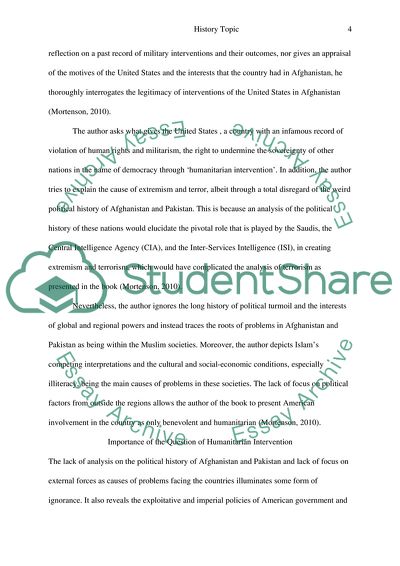Cite this document
(“Discussion of the Arguments Presented in Three Cups of Tea Book Report/Review”, n.d.)
Discussion of the Arguments Presented in Three Cups of Tea Book Report/Review. Retrieved from https://studentshare.org/history/1781049-history-topic
Discussion of the Arguments Presented in Three Cups of Tea Book Report/Review. Retrieved from https://studentshare.org/history/1781049-history-topic
(Discussion of the Arguments Presented in Three Cups of Tea Book Report/Review)
Discussion of the Arguments Presented in Three Cups of Tea Book Report/Review. https://studentshare.org/history/1781049-history-topic.
Discussion of the Arguments Presented in Three Cups of Tea Book Report/Review. https://studentshare.org/history/1781049-history-topic.
“Discussion of the Arguments Presented in Three Cups of Tea Book Report/Review”, n.d. https://studentshare.org/history/1781049-history-topic.


